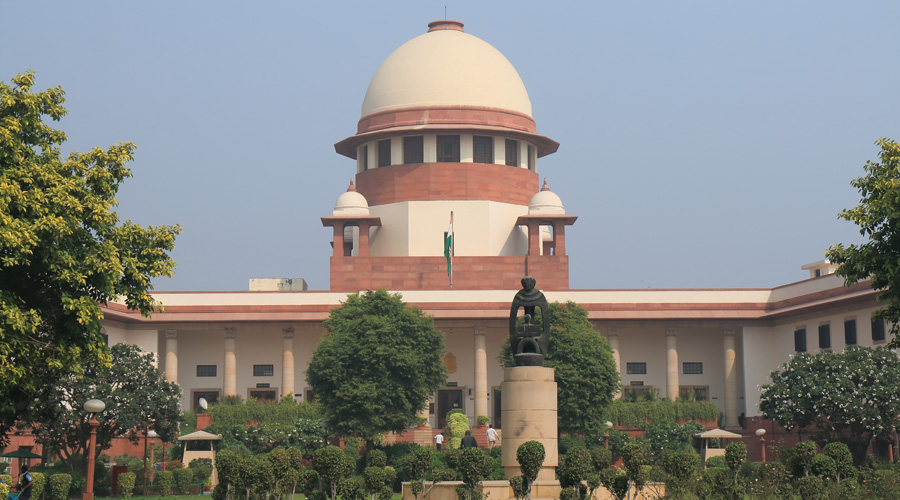The Supreme Court on Friday upheld the validity of the e-voting process for the winding up of six mutual fund schemes of Franklin Templeton and said the disbursal of the funds to the unit holders will continue.
This came when a division bench of Justice S A Nazeer and Sanjiv Khanna rejected the opposition by some unit holders to the e-voting process. The bench said that the disbursal of funds had to be done according to the earlier order of the apex court.
It may be recalled that on February 2, the Supreme Court had ordered that Rs 9,121.59 crore be disbursed within three weeks to the unit holders of Franklin Templeton’s six mutual fund schemes.
It had said that disbursal of money would be done in proportion to unit holders’ interest in the assets. The apex court had then entrusted SBI Funds Management Pvt Ltd to disburse the money.
The six schemes are Franklin India Low Duration Fund, Franklin India Dynamic Accrual Fund, Franklin India Credit Risk Fund, Franklin India Short Term Income Plan, Franklin India Ultra Short Bond Fund, Franklin India Income Opportunities Fund.
Following this, Franklin Templeton said in a letter addressed to investors of the six shut debt schemes that payments to all investors whose accounts are KYC compliant with all details available will be made from the week beginning February 15.
Of the Rs 9121.59 crore that will be distributed to unit holders in proportion to their holdings, Franklin India Ultra Short Bond Fund will receive Rs 5,075.39 crore while Franklin India Low Duration Fund will get Rs 1,625.36 crore.
Similarly, Franklin India Short Term Income Fund will receive Rs 469.24 crore, Franklin India Credit Risk Fund Rs 926.15 crore and Franklin India Dynamic Accrual Fund fund Rs 1,025.45 crore.
Earlier, the apex court had asked the Securities and Exchange Board of India (SEBI) to appoint an observer for overseeing the e-voting process.
The e-voting with regard to the winding up of the fund house’ six mutual fund schemes had taken place in the last week of December and it was approved by a majority of unit holders.
On January 25, the apex court had said that it would first deal with the issues related to objection to the e-voting process for winding up of the six mutual fund schemes and distribution of money to the unit holders.
Prior to this, it had granted three days for filing of objections to the e-voting.










